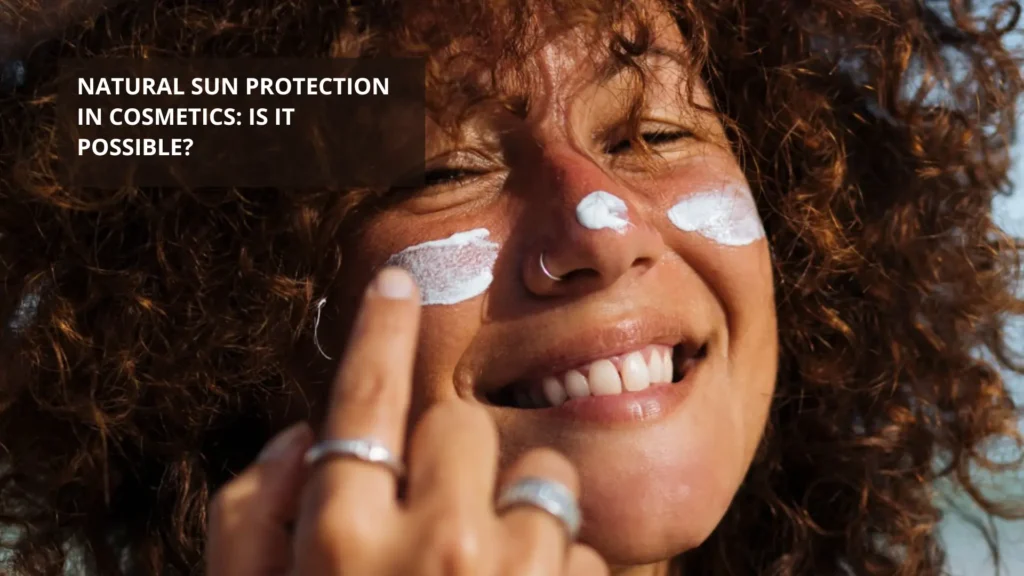
Natural, mineral, reef-safe—sun protection has evolved from a health concern into a branding opportunity. But is it truly possible to formulate effective, natural sun care?
What Defines Natural Sunscreen?
Products using mineral UV filters like zinc oxide and titanium dioxide qualify as “natural.” They physically block rays rather than absorb them chemically.
Benefits and Challenges
✅ Pros: broad spectrum protection, reef-safe, skin-compatible
❌ Cons: whitening effect, thick textures, potential regulatory hurdles in some regions
Overcoming Formulation Challenges
New micronized or coated versions of minerals can reduce whitening. Emulsification techniques and texture enhancers improve skin feel.
Certifications Matter
COSMOS or ECOCERT approval helps validate natural claims. SPF testing remains mandatory—even for mineral-only formulas.
Hybrid Formulations
Some brands combine minerals with botanical antioxidants or natural moisturizers to support claims without compromising stability.
Conclusion
Yes, natural sun protection is possible—but only with the right partners, actives, and testing. Biocylab helps brands create sun care that performs, protects, and preserves brand values.

